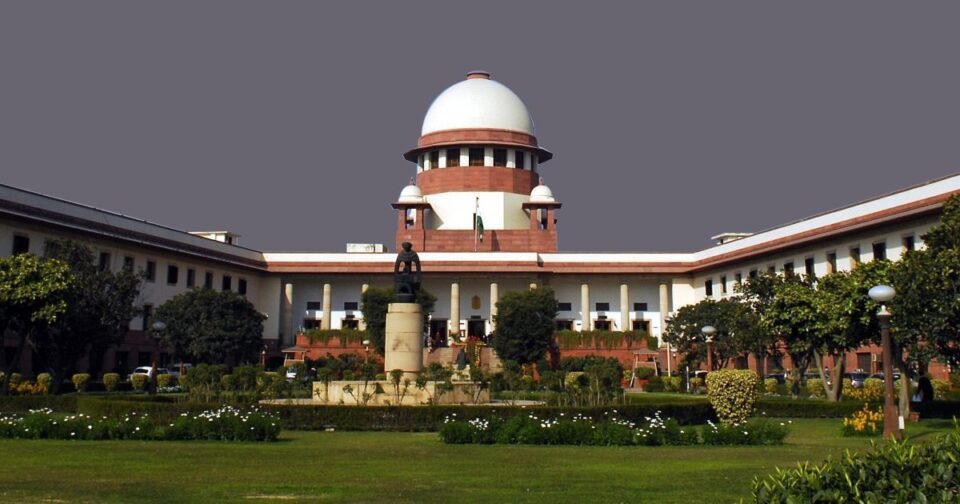In a major decision on women’s reproductive rights and bodily autonomy, the Supreme Court declared on Thursday that a forced pregnancy in a married woman can be considered “marital rape” for the purposes of abortion.
Married women may also fall under the category of rape victims. Rape is defined as sexual activity without consent, yet violence against intimate partners does occur. The term “rape” under the Medical Termination of Pregnancy (MTP) Act will cover pregnancy brought on by compulsory intercourse by spouses, according to a bench led by Justice Dhananjaya Y Chandrachud.
“In this situation, too, lady may get pregnant forcibly,” the judgement stated. It declared that any pregnancy allegedly brought on by a pregnant woman via force was a rape. Justices AS Bopanna and JB Pardiwala were present on the bench, which also read the MTP Act to say that even an unmarried woman will be permitted to have an abortion up to 24 weeks, on par with married women.
Also Read: Sonia Gandhi to announce next CM of Rajasthan within the next 24-48 hours
A single woman is not permitted to have an abortion under the Act’s current provisions after 20 weeks, although divorcees, widows, and some other groups of women are permitted to do so up to 24 weeks into their pregnancies due to mental agony and other problems.
The option to bring a pregnancy to term or terminate it rests with a woman’s reproductive autonomy, which is anchored in her bodily autonomy. Accordingly, the law cannot create such an artificial classification based on limited criteria. A woman’s right to dignity will be violated if this right is taken away from her, the bench declared.
The Delhi high court rejected a 25-year-old single woman’s request to have her 24-week pregnancy terminated, suggesting instead that she give the child up for adoption. The court was considering her case.
On July 21, the high court granted the woman’s request, subject to a medical board certifying that the abortion poses no risk to her life. On that same day, the bench also made the decision to look into the MTP Act’s application and the legal provisions that distinguish between married and single women.

The MTP Act and the restrictions, which ultimately excluded separated and single women from the category in which abortion up to 24 weeks was allowed, were the result of extensive conversations held before their creation, according to the Union Health Ministry, which defended the legal system.
The Centre argued that only a limited number of identified categories of vulnerable women, such as rape survivors, minors, and mentally ill women, were included in the legal classification for abortion up to 24 weeks, despite the fact that the law made no distinction between married and unmarried women for termination of pregnancy up to 20 weeks.
The Delhi High Court was criticized by the court in its ruling dated July 21 for taking a “unduly restrictive” stance in denying the woman the right to abort. “Given that other groups of women have the same option, there is no reason to deny unmarried women the ability to medically end a pregnancy.”
Also Read: Kamala Harris visits North Korea’s demilitarized zone after missile tests
According to Article 21 of the Constitution, a woman’s right to reproductive freedom is an integral aspect of her right to personal freedom. The bench emphasized, “she has a sacred right to physical integrity.
The court noted in the earlier ruling that denying an unmarried woman the right to a safe abortion infringes her personal autonomy and freedom, allowing the woman to end her pregnancy at 24 weeks if the medical opinion considers it to be safe.
The top court concluded that the phrase “change in marital status” should be given a purposeful interpretation to include circumstances involving single women too. It did this by citing section 3B(c) of the 2003 MTP Rules, which permits women who undergo a “change of marital status during the ongoing pregnancy” by way of widowhood or divorce to undergo pregnancy termination.

